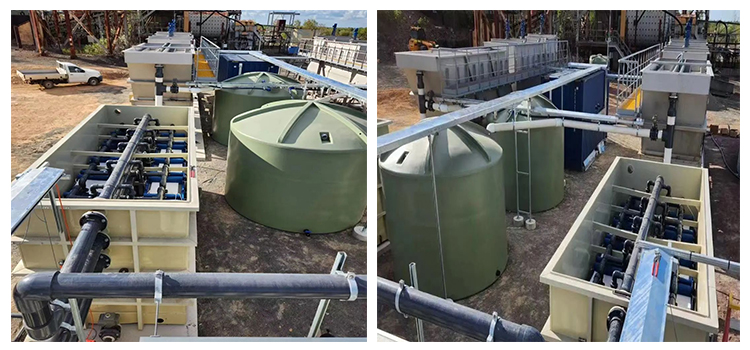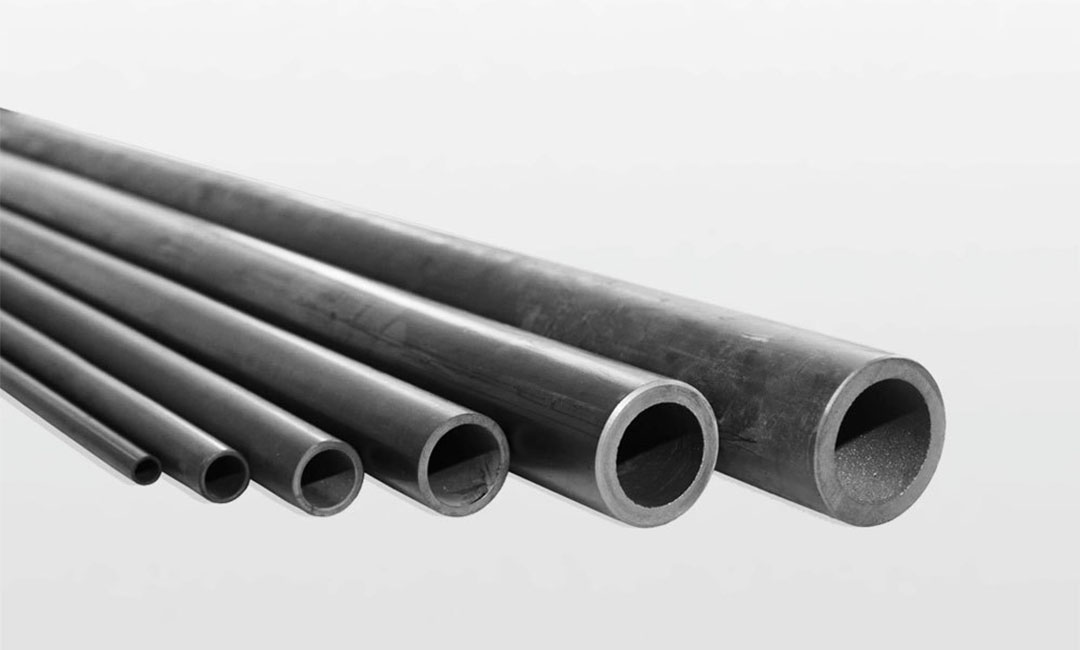Benefits of Silicon Carbide Water Membranes in Water Treatment
Silicon Carbide Water Membranes: Revolutionizing Clean Water Solutions
Water scarcity is a pressing global issue that affects millions of people around the world. With the increasing demand for clean water, innovative solutions are needed to ensure access to safe and reliable water sources. One such solution is the use of silicon carbide water membranes in water treatment processes. These membranes offer a range of benefits that make them a game-changer in the field of water treatment.
One of the key benefits of silicon carbide water membranes is their exceptional durability. Unlike traditional membranes made from materials like polymeric membranes, silicon carbide membranes are highly resistant to fouling, corrosion, and degradation. This means that they have a longer lifespan and require less frequent replacement, reducing maintenance costs and downtime in water treatment plants.
In addition to their durability, silicon carbide water membranes also offer superior filtration performance. The unique structure of silicon carbide allows for precise control over pore size, resulting in membranes that can effectively remove a wide range of contaminants, including bacteria, viruses, and organic compounds. This high filtration efficiency ensures that treated water meets stringent quality standards, making it safe for consumption and other uses.
Another advantage of silicon carbide water membranes is their energy efficiency. Compared to other membrane materials, silicon carbide requires less energy to operate, reducing the overall energy consumption of water treatment plants. This not only lowers operating costs but also helps to reduce the carbon footprint of water treatment processes, contributing to environmental sustainability.
Furthermore, silicon carbide water membranes are highly versatile and can be used in a variety of water treatment applications. Whether it’s desalination, wastewater treatment, or industrial process water purification, silicon carbide membranes can deliver consistent and reliable performance. Their flexibility and adaptability make them an ideal choice for a wide range of water treatment challenges.
In addition to their technical advantages, silicon carbide water membranes also offer economic benefits. By improving the efficiency and reliability of water treatment processes, these membranes can help to reduce operational costs and increase the overall productivity of water treatment plants. This can lead to significant cost savings for water utilities and industries that rely on clean water for their operations.
Overall, the benefits of silicon carbide water membranes in water treatment are clear. From their durability and filtration performance to their energy efficiency and versatility, these membranes offer a comprehensive solution to the challenges of water scarcity and contamination. By incorporating silicon carbide membranes into water treatment processes, we can revolutionize the way we treat and manage water resources, ensuring a sustainable and secure water supply for future generations.
Applications of Silicon Carbide Water Membranes in Industrial Settings
Silicon carbide water membranes have emerged as a revolutionary technology in the field of clean water solutions. These membranes are made from a compound of silicon and carbon, which gives them unique properties that make them ideal for water filtration applications. One of the key advantages of silicon carbide water membranes is their high mechanical strength and chemical resistance, which allows them to withstand harsh industrial environments.
In industrial settings, water quality is of utmost importance for various processes such as manufacturing, power generation, and wastewater treatment. Contaminants in water can have detrimental effects on equipment and products, leading to costly downtime and production losses. Silicon carbide water membranes offer a reliable and efficient solution for removing impurities from water, ensuring that it meets the required quality standards for industrial applications.
One of the main applications of silicon carbide water membranes in industrial settings is in the treatment of wastewater. Industries generate large volumes of wastewater that contain a variety of pollutants, including heavy metals, organic compounds, and suspended solids. Traditional wastewater treatment methods such as chemical coagulation and filtration are often ineffective in removing these contaminants completely. Silicon carbide water membranes provide a more efficient and sustainable alternative for treating industrial wastewater, producing high-quality effluent that can be safely discharged or reused.

Another important application of silicon carbide water membranes is in the desalination of seawater and brackish water. With the increasing demand for fresh water due to population growth and climate change, desalination has become a critical technology for providing a sustainable source of drinking water. Silicon carbide water membranes offer a cost-effective and energy-efficient solution for desalination, allowing industries to produce clean water from seawater or brackish water with minimal environmental impact.
In addition to wastewater treatment and desalination, silicon carbide water membranes are also used in various industrial processes such as cooling water treatment, boiler feedwater treatment, and process water purification. These membranes can effectively remove contaminants such as bacteria, viruses, and organic compounds, ensuring that water used in industrial processes meets the required quality standards. By incorporating silicon carbide water membranes into their water treatment systems, industries can improve operational efficiency, reduce maintenance costs, and minimize environmental impact.
Overall, the applications of silicon carbide water membranes in industrial settings are vast and diverse, offering a sustainable and reliable solution for clean water production. With their high mechanical strength, chemical resistance, and efficient filtration capabilities, these membranes are revolutionizing the way industries treat water for various applications. As the demand for clean water continues to grow, silicon carbide water membranes will play a crucial role in ensuring a sustainable and secure water supply for industrial processes around the world.
Future Prospects of Silicon Carbide Water Membranes in Providing Clean Water Solutions
Silicon carbide water membranes are a cutting-edge technology that has the potential to revolutionize clean water solutions around the world. These membranes are made from a material known for its durability, high thermal conductivity, and resistance to corrosion. As a result, they offer a number of advantages over traditional water filtration methods, including increased efficiency, longer lifespan, and reduced maintenance costs.
One of the key benefits of silicon carbide water membranes is their ability to filter out a wide range of contaminants, including bacteria, viruses, and heavy metals. This makes them ideal for use in a variety of applications, from municipal water treatment plants to industrial wastewater treatment facilities. In addition, silicon carbide membranes are capable of operating at higher temperatures and pressures than other types of membranes, making them well-suited for challenging environments.
Another advantage of silicon carbide water membranes is their long lifespan. Unlike traditional membranes, which may need to be replaced every few years, silicon carbide membranes can last for up to ten years or more with proper maintenance. This not only reduces the frequency of membrane replacements but also lowers overall operating costs.

Furthermore, silicon carbide water membranes require less frequent cleaning than other types of membranes, thanks to their high resistance to fouling. This means that less energy and water are needed to maintain the membranes, resulting in lower operating costs and a smaller environmental footprint.
In addition to their efficiency and durability, silicon carbide water membranes are also more environmentally friendly than traditional membranes. Because they require less energy and water to operate, they can help reduce the carbon footprint of water treatment facilities. This is especially important in regions where water scarcity is a growing concern.
Looking ahead, the future prospects of silicon carbide water membranes are bright. As the technology continues to advance, we can expect to see even greater efficiency, durability, and cost-effectiveness from these membranes. This will make them an increasingly attractive option for water treatment facilities around the world.
In conclusion, silicon carbide water membranes have the potential to revolutionize clean water solutions by offering increased efficiency, longer lifespan, and reduced maintenance costs. Their ability to filter out a wide range of contaminants, operate at high temperatures and pressures, and resist fouling makes them an ideal choice for a variety of applications. As the technology continues to evolve, we can expect to see even greater benefits from silicon carbide membranes in the future.

